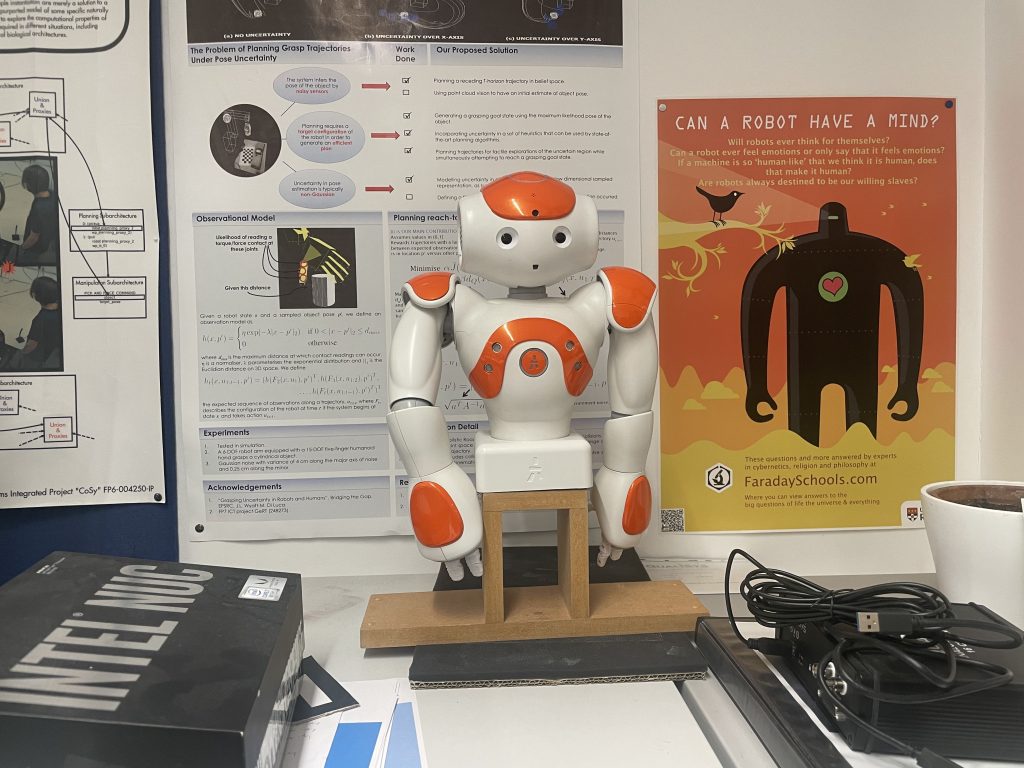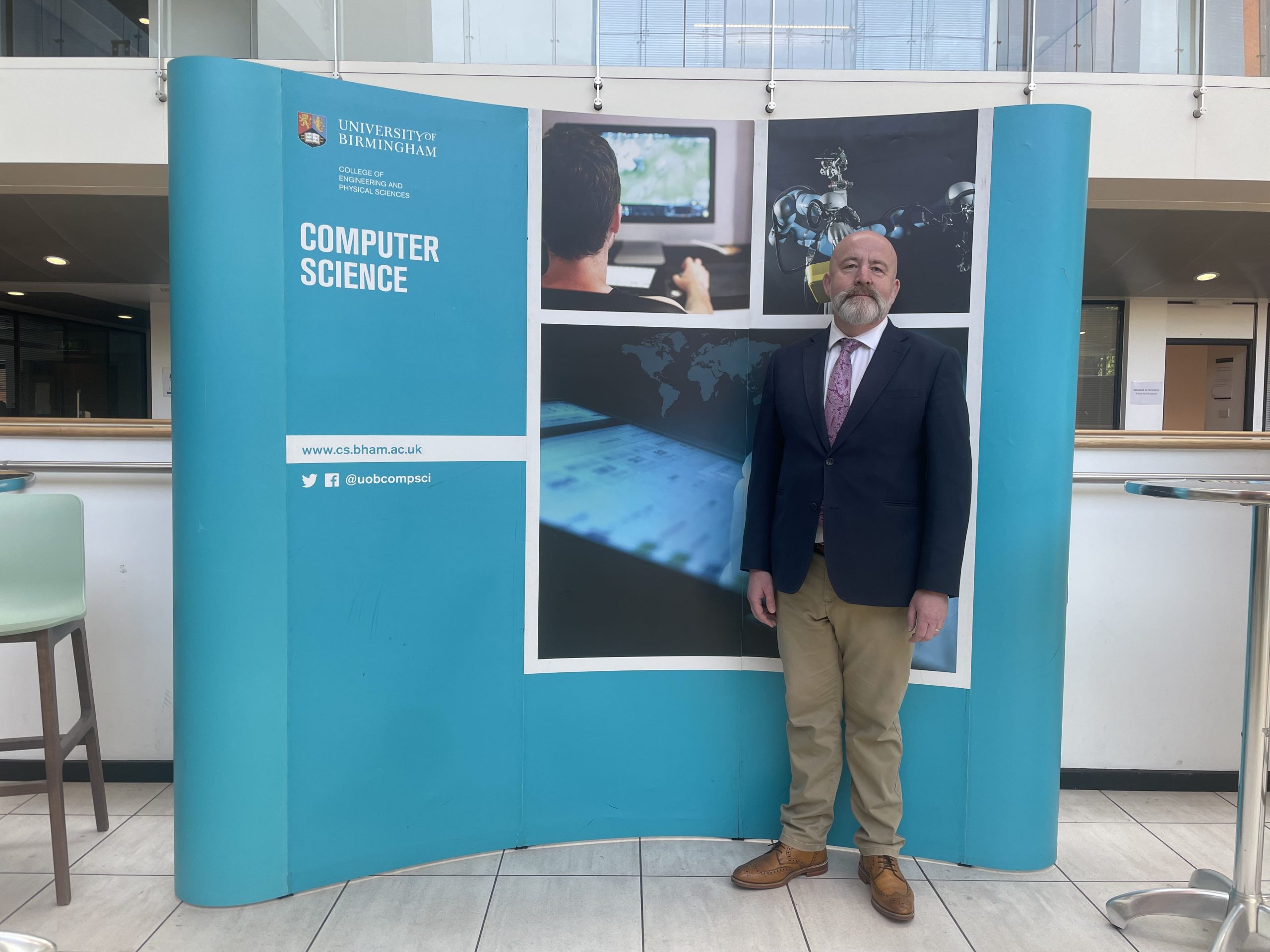The rapid advancements in Artificial Intelligence do raise some critical concerns over its impact on society, especially in matters concerning misinformation and deception. However, Dr Mark Lee, who is a professor of Artificial Intelligence in the School of Computer Science at the University of Birmingham, says that it is important to strike a balance between innovation and accountability to harness AI’s full potential
Mark Lee
Artificial Intelligence (AI) is currently going through a technological revolution with the potential to revolutionise the way we live and work. Generative AI is now freely available to produce photorealistic images, movies and even music.
I specialise in Natural Language Processing (NLP). From voice assistants to chatbots, NLP plays a crucial role in understanding and responding to human queries. However, the future of NLP lies in advancing beyond the simple question answer interactions.
In the coming years, we can expect NLP systems to possess a deeper understanding of context, emotions, and subtle nuances of human language. This will empower machines to engage in more natural and sophisticated conversations, resembling human-like communication. Imagine an AI assistant that not only understands what you say but also detects your tone and emotions, fine-tuning its responses accordingly. 
Another area where NLP will shape the future is in language translation and global communication. Machine Translation was one of the first goals of NLP research in the 1950s. Now services such as Google Translate are widely available for use on mobile phones etc.
There is still room for improvement. Most of the current NLP models rely on massive amounts of textual data and so there has been a focus on languages such as English and Chinese where such data freely exists. Current research involves adapting such models to handle languages with less resources. Given India is the home to 22 official languages and almost 400 different languages in total, this will be a key challenge.

The eventual goal of Machine Translation is the ability to do real-time spoken translation as a seamless technology which will enable effective communication between people from diverse international backgrounds. This will foster better collaboration, understanding, and cultural exchange on a global scale.
NLP will continue to transform content creation and personalisation. Content generation algorithms, such as those used in news articles and marketing campaigns, will become increasingly sophisticated and indistinguishable from human-authored content. Businesses will be able to automate content creation, tailoring it to individual preferences and demographics. Imagine receiving personalised news updates, blog posts, or product recommendations that perfectly align with your interests and needs.
Generative AI cannot now be ignored as a technology and so it is crucial to address ethical considerations such as protecting privacy, combating bias, and mitigating the spread of misinformation. There are already discussions about creating robust regulations to control AI research. However such regulations can only go so far, especially when concerning the global development of AI. There is an urgent need to educate our politicians, and the wider public, to better understand both the potential benefits and risks.
A difficult consideration is who owns these technologies. All of the existing Large Language Models (LLMs) which power chat bots such as ChatGPT, Bard, are owned by either Big Tech companies such as Microsoft and Google in the US or Baidu in China. All such companies have their own agendas and company biases and prejudices. It must be noted that in March, Elon Musk and a group of artificial intelligence experts wrote an open letter citing potential risks in developing systems more powerful than OpenAI’s GPT-4, calling for a six month pause in AI experiments. In the future, I expect nations to develop their own AIs to be used for their own national interests. There is a real risk of misinformation and other forms of deep fakes becoming commonplace.
I predict that AI will continue to make ever faster advancements and these technologies will become commonplace. Therefore ethical considerations must be at the forefront of research. As we embark on this exciting journey, we must strike a balance between innovation and accountability to harness the full potential of AI to shape a better future.










